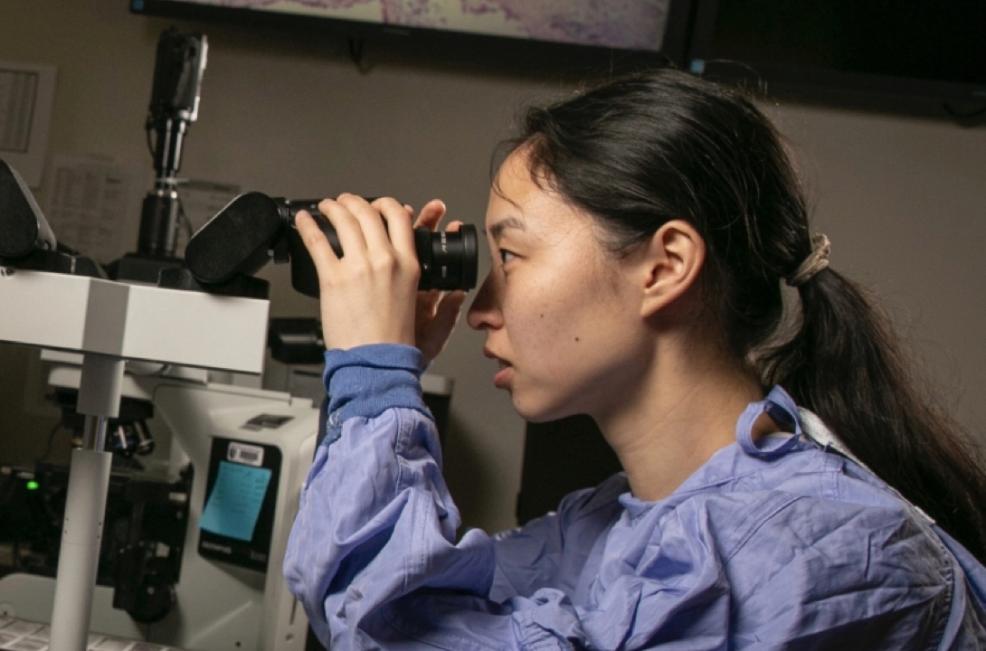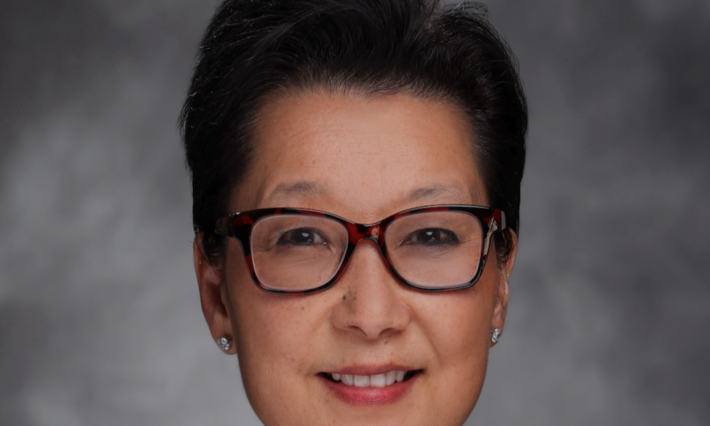Part of a Special Report by Duke Cancer Institute the Department of Pathology, Duke University School of Medicine — as featured in the 2021-22 Department of Pathology Annual Report
The Duke BioRepository & Precision Pathology Center (BRPC, a clinical research and discovery Shared Resource with its administrative home in the Department of Pathology, was launched in 2012 with a five-year three-million-dollar investment from Duke Cancer Institute and the Duke University School of Medicine. Spurred by key investments in technology, services, and personnel, the BRPC grew, thrived, and progressively built a national reputation.
“It’s success,” notes BRPC director and DCI pathologist Shannon McCall, MD, “represents the evolution and extension of the Department of Pathology’s support and commitment to cancer research."
The BRPC has served as the biospecimen/pathology core for several U.S. government-funded, multi-institutional, and homegrown studies at Duke Cancer Institute (DCI).
The inclusion of at least one core, McCall notes, and often more than one core, is required for large program-level government grants.
“A strong BRPC, plus a strong Biostatistics Core (another DCI/School of Medicine Shared Resource) and/or the Bioinformatics Core boosts the competitiveness of DCI for these big grants,” notes McCall.
McCall herself is American Board of Pathology-certified in Clinical Informatics as well as Anatomic/Clinical Pathology and General Pathology and is chair of the Biorepository Accreditation Program Committee of the College of American Pathologists. She has been involved in numerous translational cancer research projects that rely on the study of human biological samples and data-driven research. With a research focus on upper GI tract carcinogenesis, she previously served as a member of the data analysis working group for The Cancer Genome Atlas (TCGA) esophageal and pan-GI projects.
Under McCall's leadership,DCI joined a national molecular registry of tumors — the American Association for Cancer Research's PROJECT GENIE (Genomics Evidence Neoplasia Information Exchange) — and became the base for the National Cancer Institute-supported Southern Division of the Cooperative Human Tissue Network.
Leading cancer pathologists with the BRPC, like McCall, have worked and continue to work hand in glove with other DCI investigators on several major cancer research grants, which are described below.







